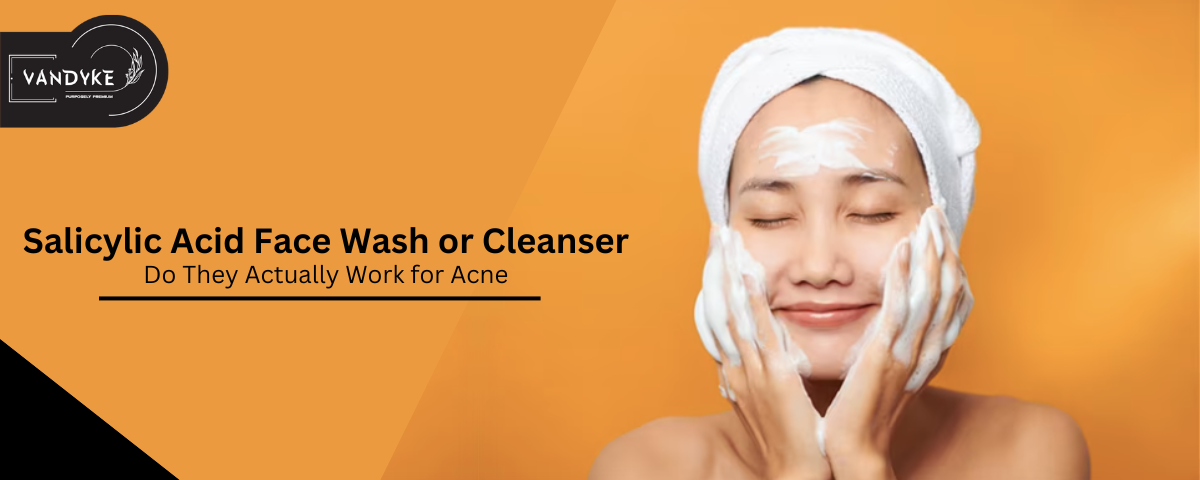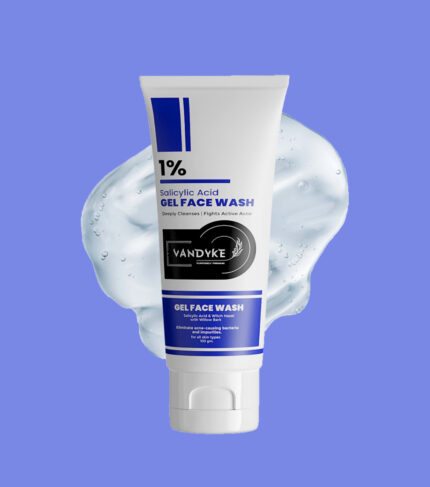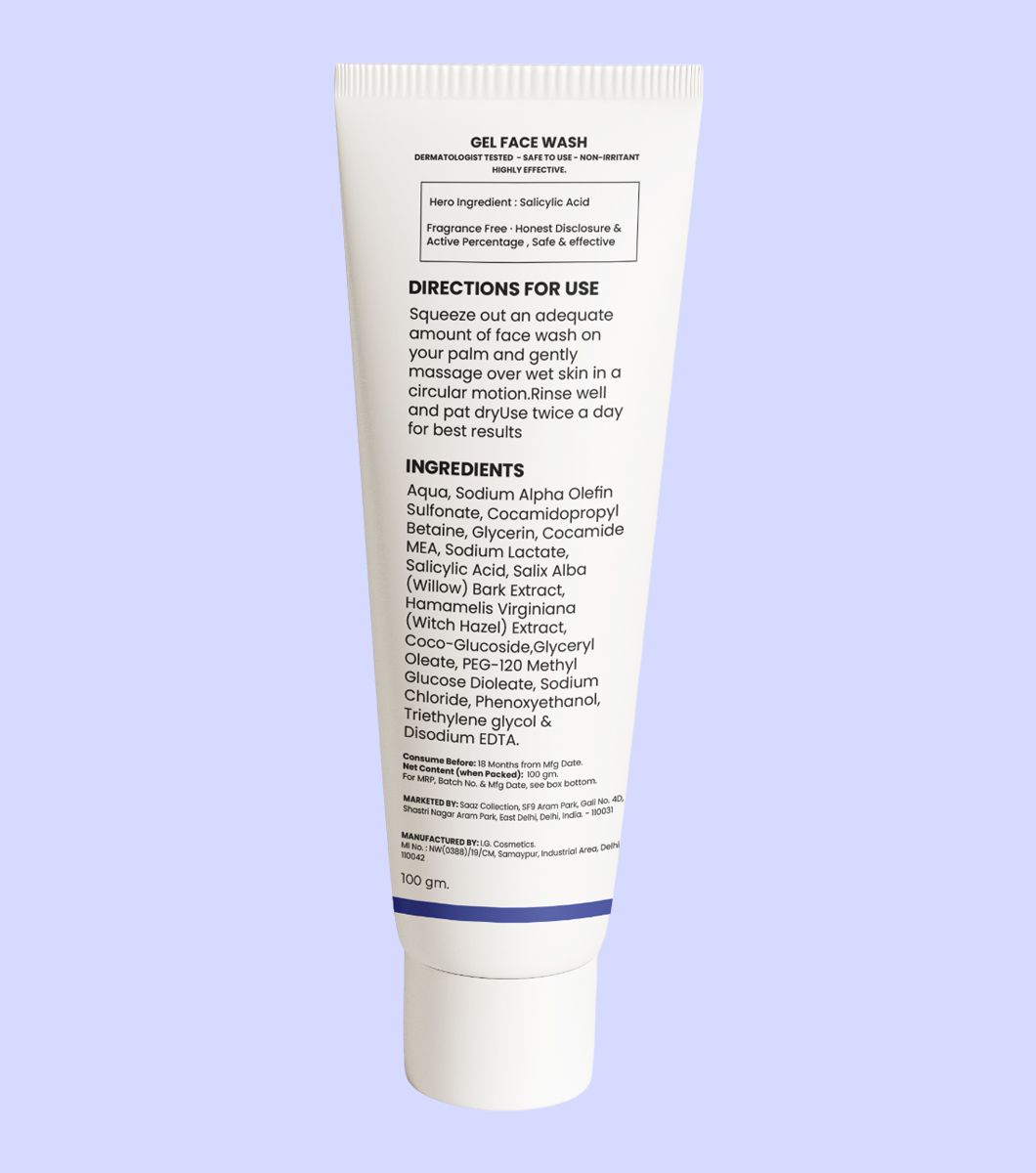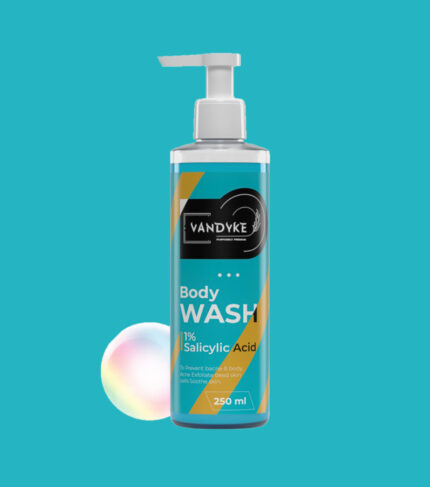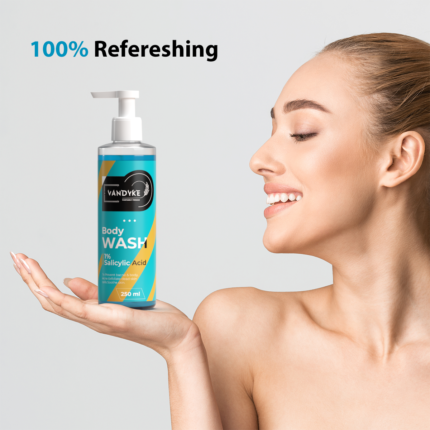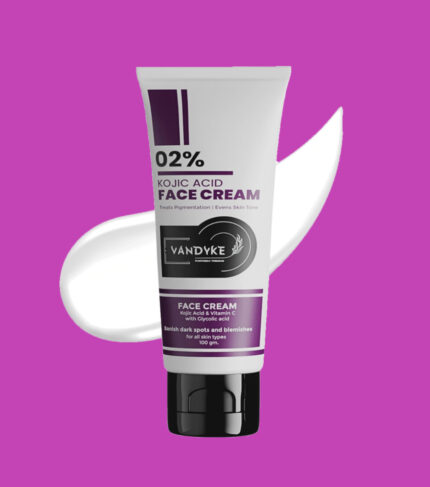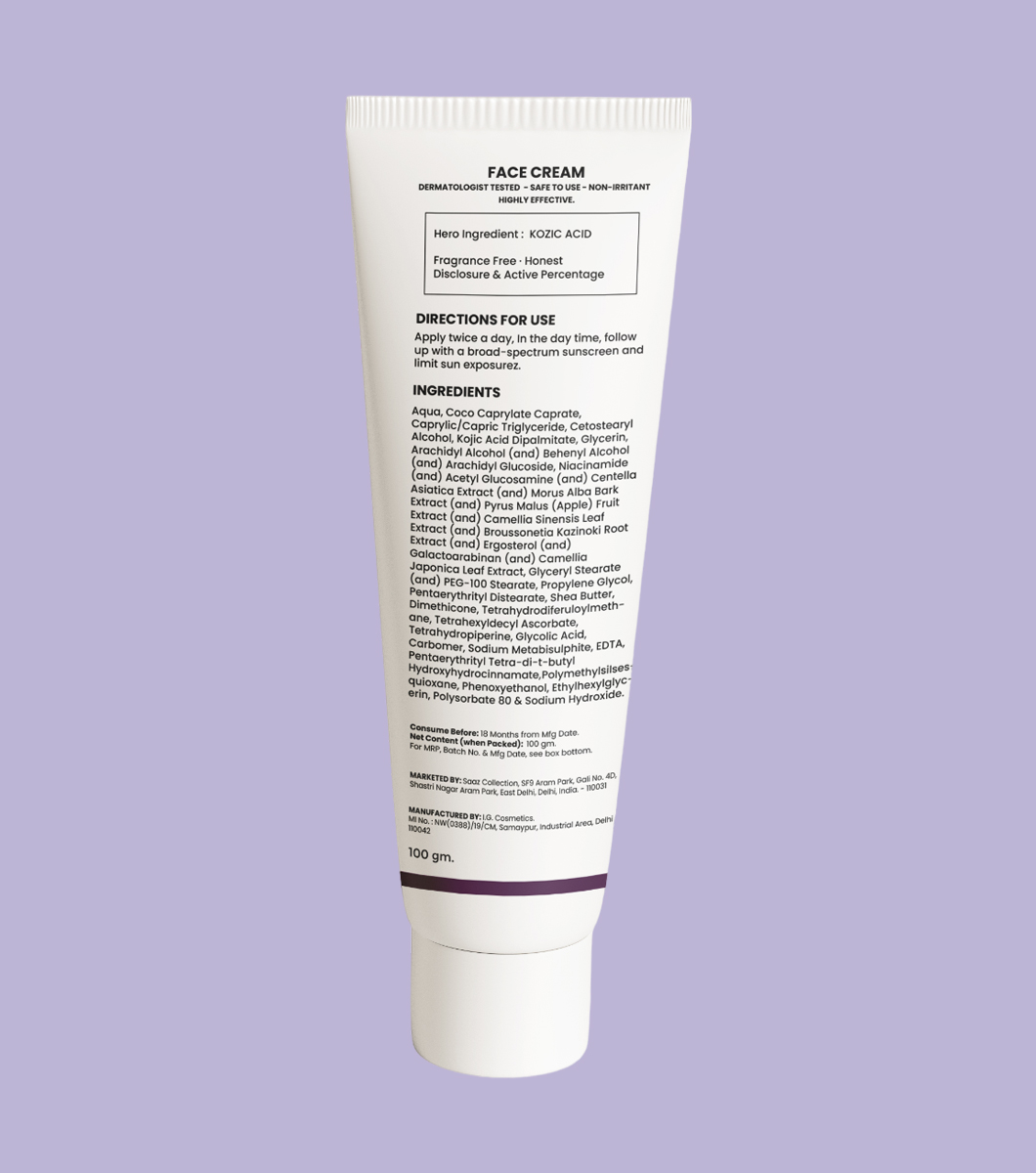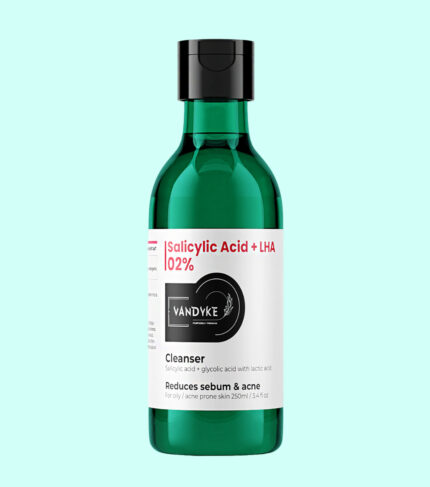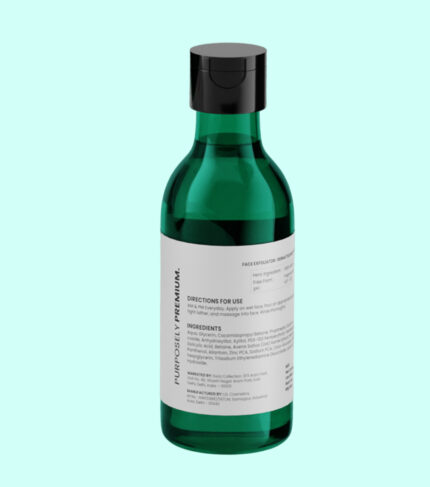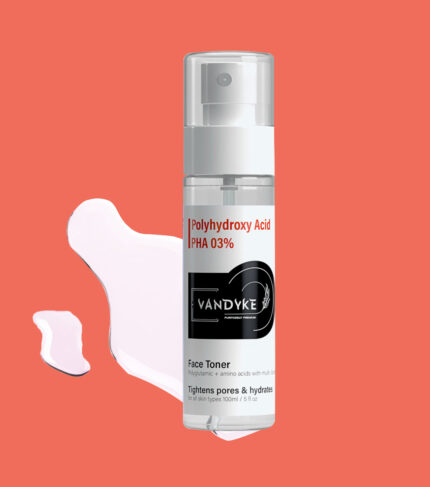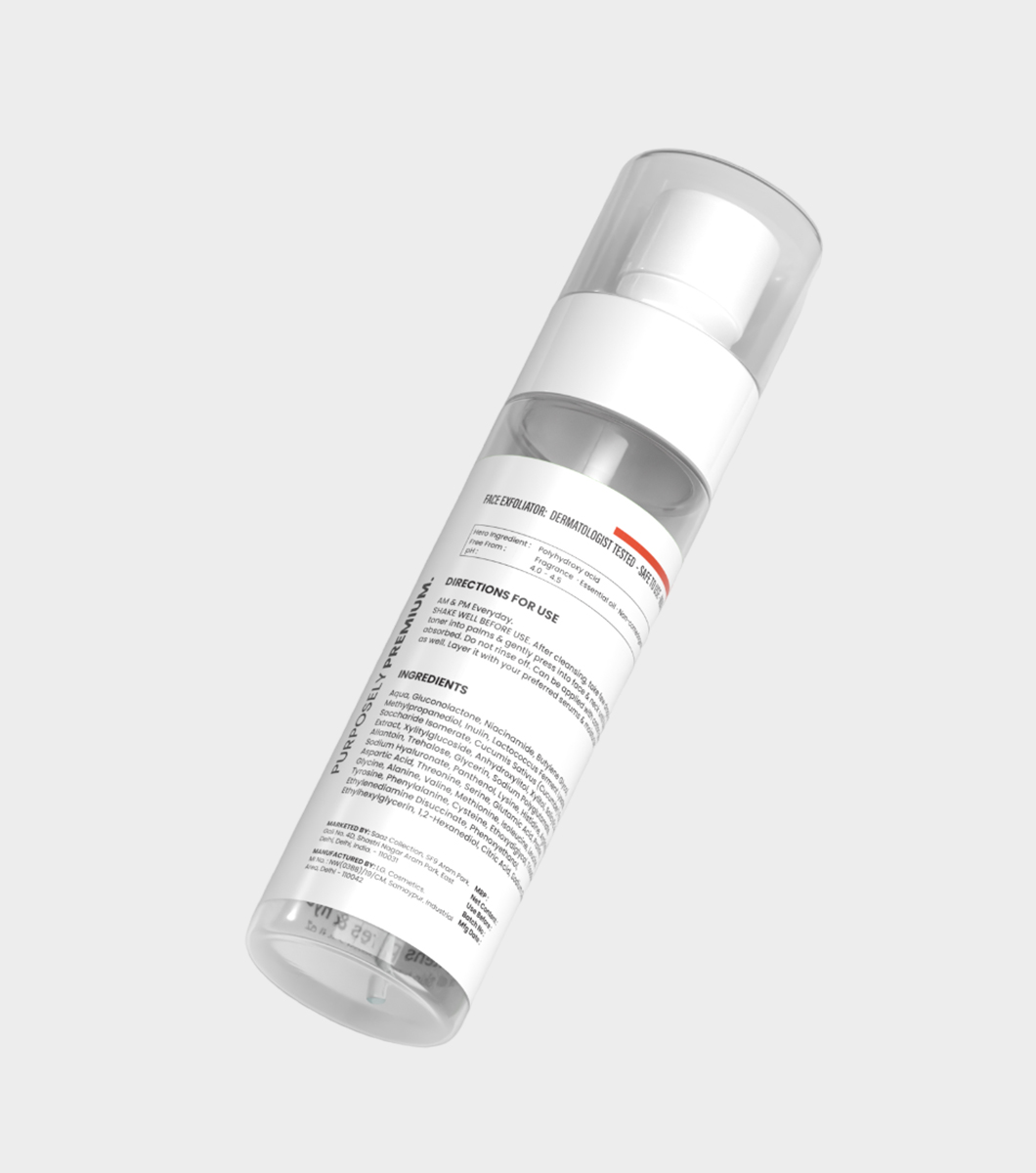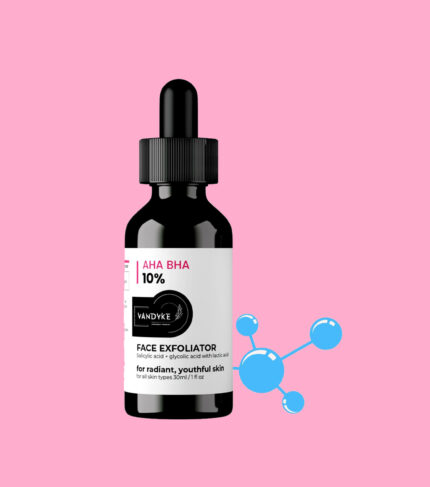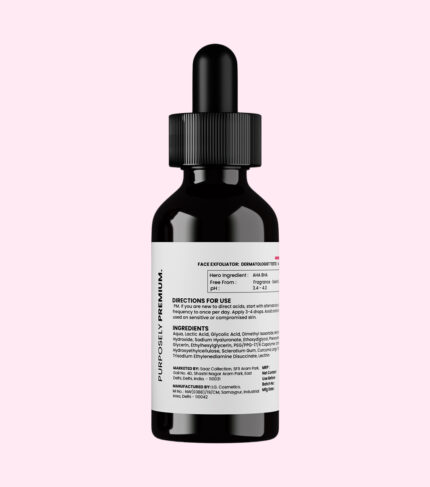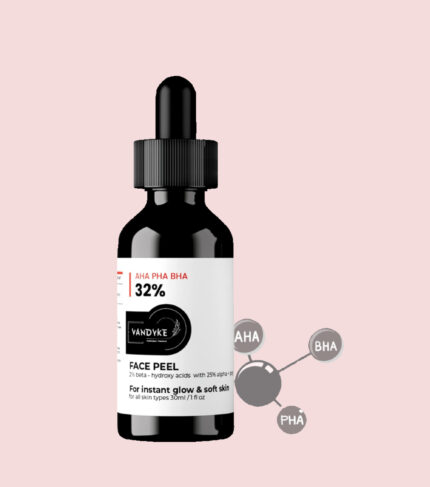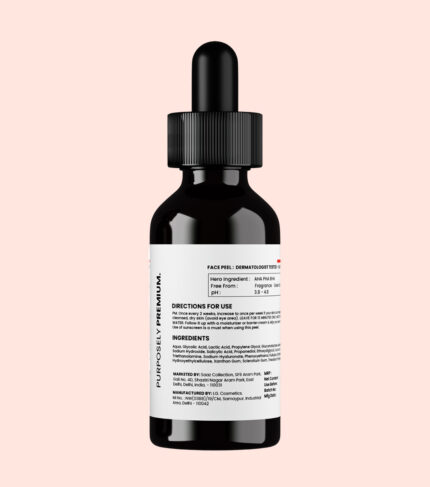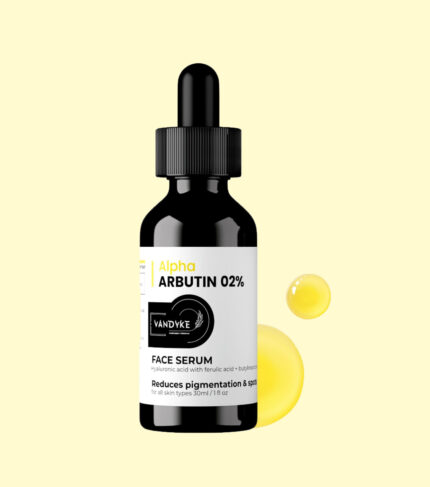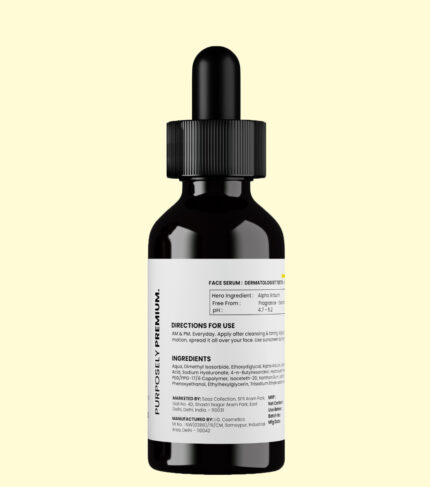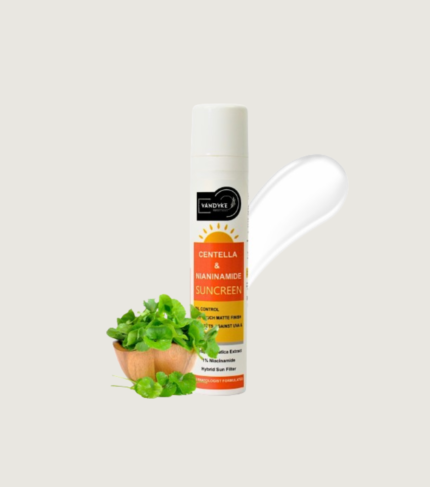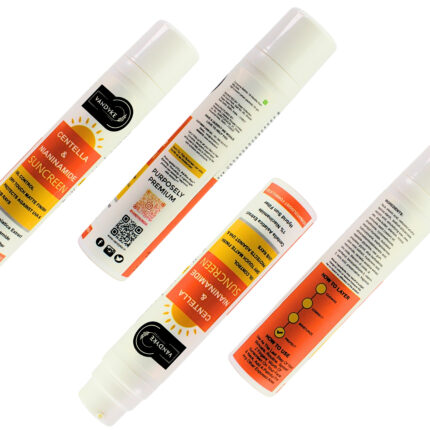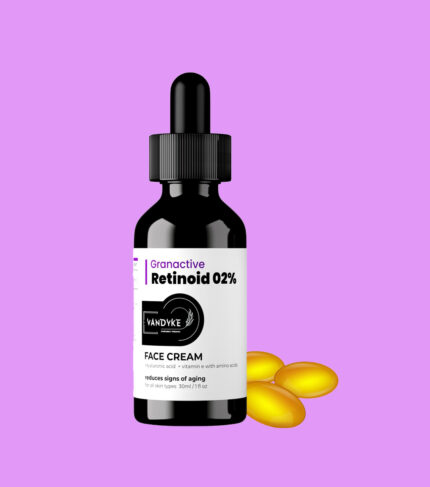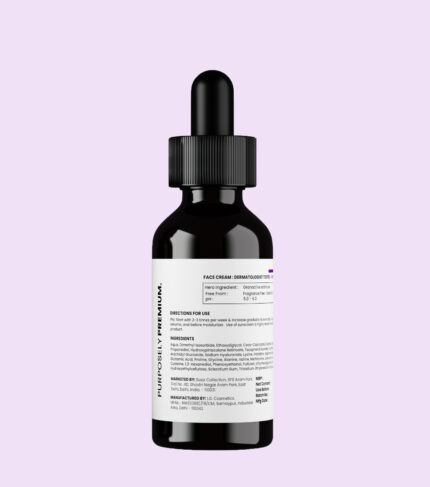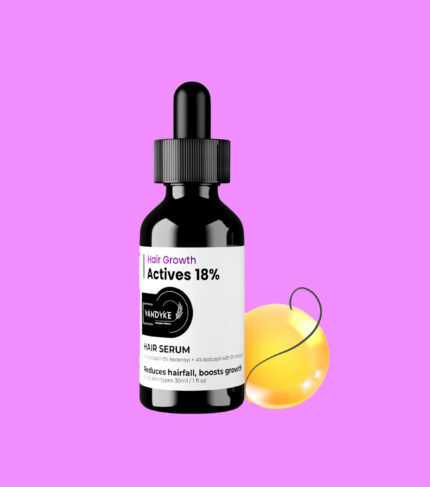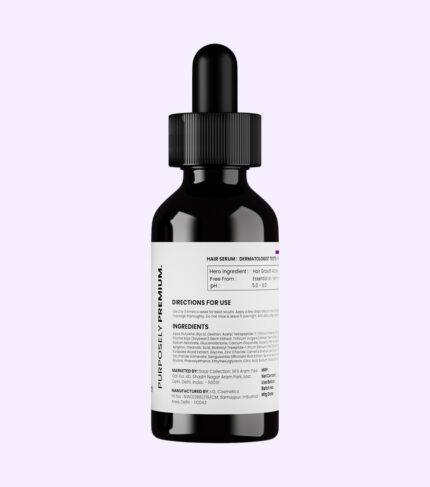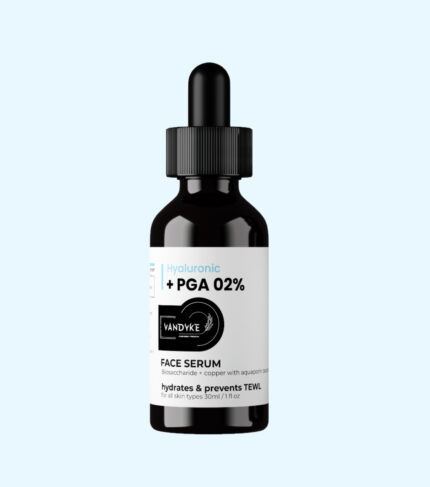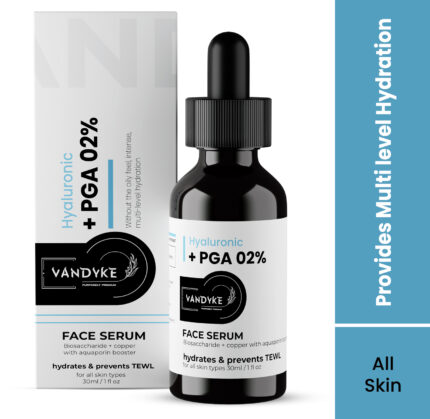Salicylic Acid Face Wash or Cleanser Do They Actually Work for Acne?
Acne, a widespread skin condition, can be a source of physical discomfort and emotional distress for millions of individuals. While a multitude of skincare products exists to combat acne, including face washes and cleansers containing salicylic acid, the question remains: Does salicylic acid in face wash or cleanser genuinely work for acne? In this comprehensive guide, vandyke will embark on a detailed exploration of salicylic acid’s role in skincare, its mechanism of action, potential benefits, and considerations for using it effectively in the quest for clearer, healthier skin.
What is Acne?
Before we dive into the world of salicylic acid, it’s essential to establish a foundational understanding of acne, the skin condition we seek to address.
Acne, known medically as acne vulgaris, is a skin condition characterized by the development of various blemishes, including pimples, blackheads, whiteheads, and, in more severe cases, cysts or nodules. These unsightly blemishes typically manifest on the face, neck, chest, back, and shoulders.
What Are the Causes of Acne?
Acne arises from the complex interplay of several factors within the skin. The primary culprits include:
- Excess Oil Production
Sebum constitutes an oily secretion synthesized by the sebaceous glands. Overproduction of sebum can contribute to acne by clogging hair follicles.
- Clogged Pores
Hair follicles become clogged when the excess sebum mixes with dead skin cells, creating a plug within the follicle.
- Bacterial Growth
Propionibacterium acnes (P. acnes), a type of bacterium commonly found on the skin, can proliferate within clogged hair follicles, leading to inflammation.
- Inflammation
Inflammatory responses triggered by P. acnes can result in redness, swelling, and the formation of different types of pimples.
The Role of Salicylic Acid
Salicylic acid, a beta hydroxy acid (BHA), has earned its reputation as a potent tool in the fight against acne. Its primary mode of action involves exfoliating the skin’s surface and within the pores, which effectively removes dead skin cells, unclogs pores, and reduces inflammation. Here’s a closer look at how it works:
- Exfoliation
Salicylic acid boasts oil-solubility, allowing it to penetrate the oil present in skin pores. Once inside, it dissolves the bonds between dead skin cells, promoting their shedding and preventing them from accumulating within the hair follicle.
- Pore Clearance
By clearing away dead skin cells, salicylic acid helps prevent the formation of comedones, encompassing blackheads and whiteheads. It can also aid in loosening and resolving existing comedones.
- Anti-Inflammatory Action
Salicylic acid possesses anti-inflammatory properties that reduce redness and swelling associated with acne lesions, providing relief from the discomfort of inflamed skin.
Now that we’ve unveiled the mechanism of action behind salicylic acid, let’s explore the effectiveness of this acne-fighting ingredient, particularly in the form of face washes and cleansers.
Salicylic Acid in Face Wash: Does it Work?
Face washes and cleansers enriched with salicylic acid have gained popularity as accessible and convenient options for acne treatment. Here is essential information regarding their efficacy:
- Ideal for Mild to Moderate Acne
1% Salicylic Acid Gel Face Washes are generally effective for individuals with mild to moderate acne. They serve as valuable tools in preventing new breakouts, reducing the appearance of existing blemishes, and enhancing overall skin texture.
- Exfoliation for Pore Health
Regular use of salicylic acid face wash promotes gentle exfoliation, a vital component in keeping pores clear and preventing the formation of blackheads and whiteheads.
- Consistency is Key
Achieving tangible results with salicylic acid face wash hinges on consistency. It is imperative to adhere to the product’s usage instructions and incorporate it into your daily skincare regimen.
- Individual Response
It’s important to acknowledge that skincare results are highly individualized. What may work exceptionally well for one person might not yield the same outcomes for another.
- Complementary Products
For individuals grappling with severe acne, a dermatologist may recommend combining the use of salicylic acid face wash with other acne-fighting products, such as benzoyl peroxide or topical retinoids, to deliver more potent and targeted treatment.
- Possible Drying Effect
Salicylic acid can be drying for some individuals, particularly those with sensitive or dry skin. If you experience excessive dryness or irritation, consider either using a lower concentration of salicylic acid or integrating a moisturizer into your skincare routine.
You should choose face wash as per your skin type. For dry skin you can use vandyke Marula Oil 05% Moisturizer and for oily skin you can vandyke 10% Vitamin B5 Moisturizer. This is a gel based moisturizer that will be best for the oily skins.
Vandyke 1% Salicylic Acid Gel Face Wash vs Vandyke 2% Salicylic Acid Face Cleanser – Which is Best For Acne?
The Vandyke 1% Salicylic Acid Gel Face Wash and the Vandyke 2% Salicylic Acid Face Cleanser are both effective acne treatments. They contain salicylic acid, which is a beta hydroxy acid (BHA) that helps to exfoliate the skin and unclog pores. This can help to prevent acne breakouts and reduce the appearance of existing acne.
The main difference between the two products is the concentration of salicylic acid. The 1% Salicylic Acid Gel Face Wash contains 1% salicylic acid, while the 2% Salicylic Acid face Cleanser contains 2% salicylic acid. A higher concentration of salicylic acid may be more effective for treating severe acne, but it can also be more drying and irritating to the skin.
Although, If you have mild to moderate acne, the 1% Salicylic Acid Gel Face Wash is a good option. It is gentle enough for daily use and can help to prevent future breakouts. If you have severe acne, the 2% Salicylic Acid face Cleanser may be a better choice. However, it is important to start with a lower concentration of salicylic acid and gradually increase it as your skin tolerates it.
Here is table for detail understanding:
Feature |
1% Salicylic Acid Gel Face Wash |
2% Salicylic Cleanser |
| Salicylic acid concentration | 1% | 2% |
| Skin type | Mild to moderate acne | Severe acne |
| Frequency of use | Daily | Daily or as needed |
| Dryness and irritation | Mild | More drying and irritating |
Ultimately, the best way to choose between the two products is to consult with a dermatologist. They can help you determine the right concentration of salicylic acid for your skin type and severity of acne.
Here are some additional tips for using salicylic acid face washes for acne:
- Start with a gentle cleanser and gradually increase the concentration of salicylic acid as your skin tolerates it.
- It is recommended to use the cleanser two times daily, both in the morning and at night
- Apply the cleanser to wet skin and massage it in for a few minutes.
- Rinse the cleanser off thoroughly with warm water.
- Avoid using other harsh exfoliating products on the same day as using a salicylic acid face wash.
- If your skin becomes dry or irritated, stop using the cleanser and consult with a dermatologist.
You can choose vandyke 1% Salicylic Acid Gel Face Wash or vandyke 2% Salicylic Acid Face Cleanser. As per the severity of your acne and as per your skin type.
With proper use, salicylic acid face washes can be an effective way to treat acne and prevent future breakouts.
Conclusion
Salicylic acid, when harnessed in the form of face washes and cleansers, can be an effective asset in the battle against acne. It is particularly beneficial for individuals with mild to moderate acne, offering a multifaceted approach to combat breakouts, enhance skin texture, and alleviate inflammation.
Nonetheless, it’s imperative to remember that skincare outcomes are influenced by various factors and can vary from person to person. For those grappling with severe or persistent acne concerns, or if salicylic acid alone does not produce the desired results, seeking professional advice from a dermatologist is paramount. Dermatologists can provide tailored recommendations and may prescribe more targeted treatments to address specific skincare needs.
In the journey toward acne-free, healthy skin, knowledge, persistence, and, when needed, expert guidance can be your most valuable allies. So, whether you choose salicylic acid or explore other options, let your skincare routine be guided by informed choices and a commitment to achieving the clearer, healthier skin you deserve.
Choose vandyke skin care tips and vandyke skin care products because we make our products;
“Purposely premium”

